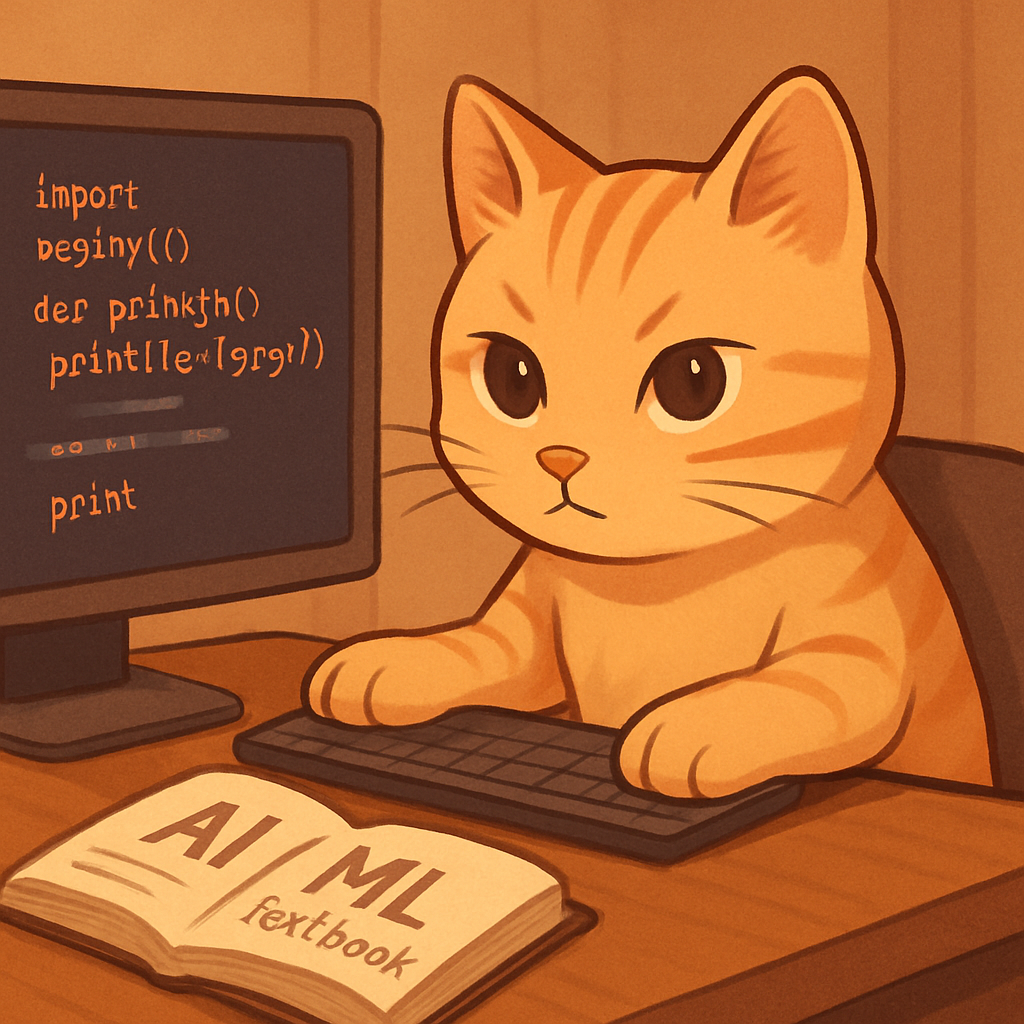Building a Logic Gate Simulator and Expression Parser
Why I studied this
After working with basic algorithms, I wanted to explore how computers handle logic and mathematical expressions. I was curious about how programming languages evaluate conditions and parse mathematical statements. These two problems gave me hands-on experience with boolean logic and string processing, which are fundamental concepts in programming.
What I did
Problem 1: Logical Gate Simulation
I needed to simulate compound logic conditions like (x1 OR x2) AND (x3 OR x4) using boolean values. This helped me understand how computers process logical operations.
How I approached it:
I broke down the compound expression into smaller parts and evaluated each step. The key was understanding the order of operations and how AND/OR gates work.
Example walkthrough:
Given: (x1 OR x2) AND (x3 OR x4) where x1=True, x2=False, x3=False, x4=True
- First part: (True OR False) = True
- Second part: (False OR True) = True
- Final result: True AND True = True
Solution Code:
def logic_gate_simulation(x1, x2, x3, x4):
# Evaluate (x1 OR x2)
first_part = x1 or x2
# Evaluate (x3 OR x4)
second_part = x3 or x4
# Combine with AND
result = first_part and second_part
return result
# Test different combinations
print("x1=True, x2=False, x3=False, x4=True:")
print(logic_gate_simulation(True, False, False, True)) # True
print("x1=False, x2=False, x3=True, x4=False:")
print(logic_gate_simulation(False, False, True, False)) # False
# More flexible version
def evaluate_logic_expression(x1, x2, x3, x4, expression_type):
if expression_type == "and_or":
return (x1 or x2) and (x3 or x4)
elif expression_type == "or_and":
return (x1 and x2) or (x3 and x4)
# Examples
print(evaluate_logic_expression(True, False, False, True, "and_or")) # True
print(evaluate_logic_expression(True, False, False, True, "or_and")) # False
Problem 2: Binomial Expression Evaluation
I needed to parse a string like "3 + 4" and compute the result based on the operator. This taught me the basics of parsing and evaluating mathematical expressions.
How I approached it:
I split the string into parts (numbers and operator), then used conditional statements to perform the correct operation based on the operator found.
Example walkthrough:
Given string: "7 - 3"
- Split by spaces: [“7”, “-“, “3”]
- Extract: first_number = 7, operator = “-“, second_number = 3
- Apply operation: 7 - 3 = 4
Solution Code:
def evaluate_expression(expression):
# Split the string by spaces
parts = expression.split()
# Extract the components
first_number = int(parts[0])
operator = parts[1]
second_number = int(parts[2])
# Perform the operation
if operator == "+":
result = first_number + second_number
elif operator == "-":
result = first_number - second_number
elif operator == "*":
result = first_number * second_number
elif operator == "/":
result = first_number / second_number
else:
result = "Unknown operator"
return result
# Test examples
print(evaluate_expression("3 + 4")) # 7
print(evaluate_expression("10 - 6")) # 4
print(evaluate_expression("5 * 3")) # 15
print(evaluate_expression("8 / 2")) # 4.0
# Enhanced version with error handling
def safe_evaluate_expression(expression):
try:
parts = expression.split()
if len(parts) != 3:
return "Invalid format. Use: number operator number"
first_number = float(parts[0])
operator = parts[1]
second_number = float(parts[2])
if operator == "+":
return first_number + second_number
elif operator == "-":
return first_number - second_number
elif operator == "*":
return first_number * second_number
elif operator == "/":
if second_number == 0:
return "Cannot divide by zero"
return first_number / second_number
else:
return f"Unknown operator: {operator}"
except ValueError:
return "Invalid numbers in expression"
# Test with error cases
print(safe_evaluate_expression("3 + 4")) # 7.0
print(safe_evaluate_expression("10 / 0")) # Cannot divide by zero
print(safe_evaluate_expression("abc + 5")) # Invalid numbers in expression
Key Insights
| Problem | What I learned | Main concept |
|---|---|---|
| Logic Gate Simulation | How to combine boolean operations | Breaking complex logic into simple parts |
| Expression Evaluation | How to parse and process strings | Converting text into actionable operations |
What I learned
These problems taught me several important programming concepts:
- Boolean logic is everywhere: Understanding AND, OR, and NOT operations is crucial for making decisions in code
- String parsing is powerful: Breaking down text into meaningful parts is a fundamental skill in programming
- Step-by-step evaluation: Complex expressions can be solved by breaking them into smaller, manageable pieces
- Error handling matters: Real programs need to handle unexpected inputs gracefully
The logic gate problem helped me understand how computers make decisions, while the expression parser showed me how programming languages process mathematical statements. Both problems reinforced the importance of thinking systematically about problem-solving.
What I want to do next
- Build a calculator that can handle more complex expressions with parentheses
- Learn about parsing more complicated logic expressions with multiple operators
- Explore how to build simple interpreters for custom languages
- Practice working with different data types in string parsing
- Create programs that can evaluate user input in real-time
